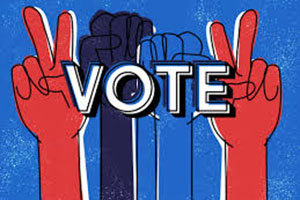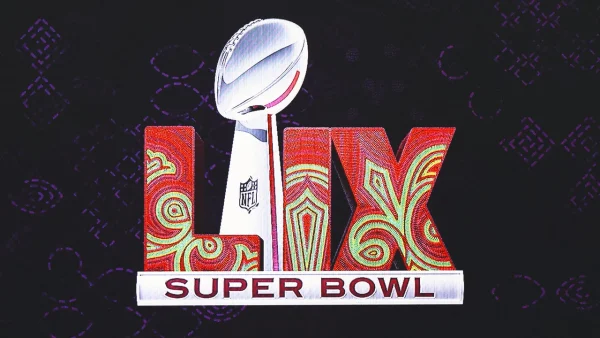Students Encourage Political Action to Combat Low Voter Turnout

Recently there have been increasing efforts to improve voter turn out due to the low rates. (photo courtesy of Ruth Walters)
When my partner and I were selecting our Capstone project topic in October, “increasing voter education” sounded like a great idea. Arkansas has many claims to fame- we’re home to Bill Clinton, Johnny Cash, and Walmart. However, we also have an incredibly low voter turnout rate- 48th in the nation. We thought that advocating for voting within Central would be easy, which was incorrect.
As we gave presentations in classrooms and collected data about future voters, we began to realize why people don’t vote. The results of the survey we administered are illuminating- 25 percent of respondents don’t think their votes matter, and when we asked people what kept them from voting, we got answers like “some people don’t care about voting,” and “I guess the effort.”
The underlying question that these people were asking is why? Why should we slog through the metaphorical marsh of registering; we’re not even sure if we can make a difference?
Realizing this made my partner and I question our beliefs about voting. Up until this point, we’d just thought of it as common sense, just something you do. We’d never asked ourselves why. It made us think. Why should I engage with a government that doesn’t care about me? Why should it be my responsibility to fix what the generations before me screwed up? Does my vote even matter in the grand scheme of things?
Thinking about this was depressing and demotivating, but answering these questions was imperative to making our Capstone project successful. If we couldn’t give the 25 people in our class with us a good reason to vote besides “because I say so,” then we would have failed. We’d just have been broken records, repeating the same tired message, not making a difference at all.
For me personally, the moment I realized why people voted was when I saw the election results for the Texas representative race. When running for the position, the Democratic candidate faced insane odds; he lost by 2 percent in a state that is usually voted about two-thirds Republican. The reason this is worth pointing out is that Beto O’Rourke didn’t magically convert hundreds of thousands of Republicans to Democrats; the people who voted for him were people who hadn’t voted in elections before. In that election, the 2018 midterms, Texas’ voter turnout rate increased by an astronomical 19 percent. And the reason so many Texans got out to vote was that they had a reason- Beto O’Rourke, the Democratic candidate, managed to convince the people of almost every district lining the US-Mexico border that their vote counted. He convinced enough people that when the votes were tallied, he won those districts, and he almost won the entire state.
The purpose of this story is to prove to you that every vote counts. When you go to cast your ballot, it’s easy to feel like your one tiny vote won’t mean anything, but if you stop to consider it, everyone else that’s voting probably feels that way too. It’s these tiny individual votes that, like drops of water in the sea, form the tidal wave of change. Because whether you like or not, voting is how your government hears you. The small, seemingly inconsequential vote that you cast is part of a larger movement, right or left. It doesn’t matter what your political beliefs are, or which candidate you prefer; what matters is that you make your voice heard. Voting is one of your constitutional rights, and by taking that step, you represent the interests of yourself, your community, and your people.
After recognizing this, my partner and I had to revise our mission. We came to the conclusion that we could lecture endlessly about how elections work, and when congresspeople are elected, and if anything, that would make people want to vote less. We’d only be reiterating what our Civics teachers had already taught us. So we changed the calling of our Capstone: it would no longer be about “increasing voter education,” but instead be about “increasing voter awareness.”
Over the course of this project, we weren’t just educated about the voting system, we were made aware. We learned things about people, about the choices they make, and the impact one single person can have on the future of our country. It has become our goal, even outside of this Capstone project, to spread awareness about voting. Because, I don’t think people understand that they matter, they have power, and they can bring forth meaningful policy change just by casting a vote. As a wise man once said, “voting is not only our right- it is our power.”





